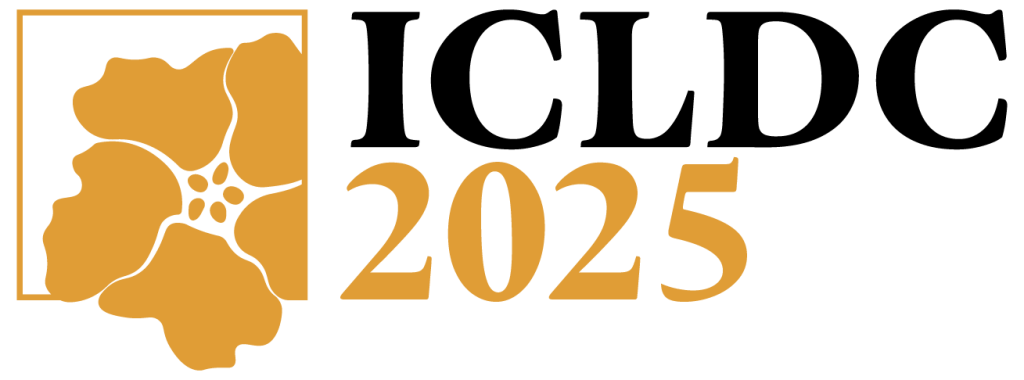
The 9th International Conference on Language Documentation & Conservation (ICLDC)
March 6-8, 2025
Navigating New Realities in Diaspora Communities
** We are pleased to confirm that ICLDC 9 will be an in-person conference **
One notable achievement of the modern language documentation and conservation movement has been the (re)centering of community in language work. Rather than viewing language as an abstract system, documentary practice increasingly begins with the community, is guided by the community, and contributes to ongoing maintenance of language in the community. At the same time the nature of community is changing. Global forces of migration and urbanization have resulted in the displacement of language teachers and learners from their traditional communities, and in many cases these diaspora communities are now larger than the original communities from which they arose. And yet, whether intentionally or not, the practice of language documentation and conservation has largely ignored the diaspora in favor of more traditional undisplaced communities.
At ICLDC 2025 we propose to initiate a dialogue which will turn the attention of documentary linguistics to the unique needs of diaspora language communities. The challenges are manifold. Teaching methods designed for small monolingual rural communities may not be effective in large multilingual urban settings. Documentation techniques may need to be adapted to deal with contact scenarios and language shift. Moreover, displacement may take many forms, so solutions must be tailored to the unique context in each community. But the challenges are nevertheless real and pressing. As the pressure of conflict and climate change increasingly threaten our world, the future of the world’s Indigenous languages may well hinge on the ability of our field to engage effectively in diaspora settings.
The conference program will feature Keynote talks, Talk Story and Workshop sessions, papers, and posters. An optional Hilo Field Study (on the Big Island of Hawaiʻi) to visit Hawaiian language revitalization programs in action will take place immediately after the conference (March 10-11). The 8th Workshop on Computational Methods for Endangered Languages (ComputEL-8) will take place in Honolulu immediately preceding the conference (March 3-4).
We have two separate Calls for Proposals:
- Workshops and Talk Story sessions – deadline August 31, 2024
- General sessions (Papers, Posters) – deadline September 30, 2024
For details about each Call for Proposals type and its requirements and timelines, please see visit the links above. We look forward to your submissions and participation at the conference!
This conference is co-organized and co-sponsored by the Department of Linguistics and the National Foreign Language Resource Center (NFLRC) at the University of Hawai‘i at Mānoa and the Ka Haka ’Ula O Ke’elikōlani College of Hawaiian Language, University of Hawai’i at Hilo

